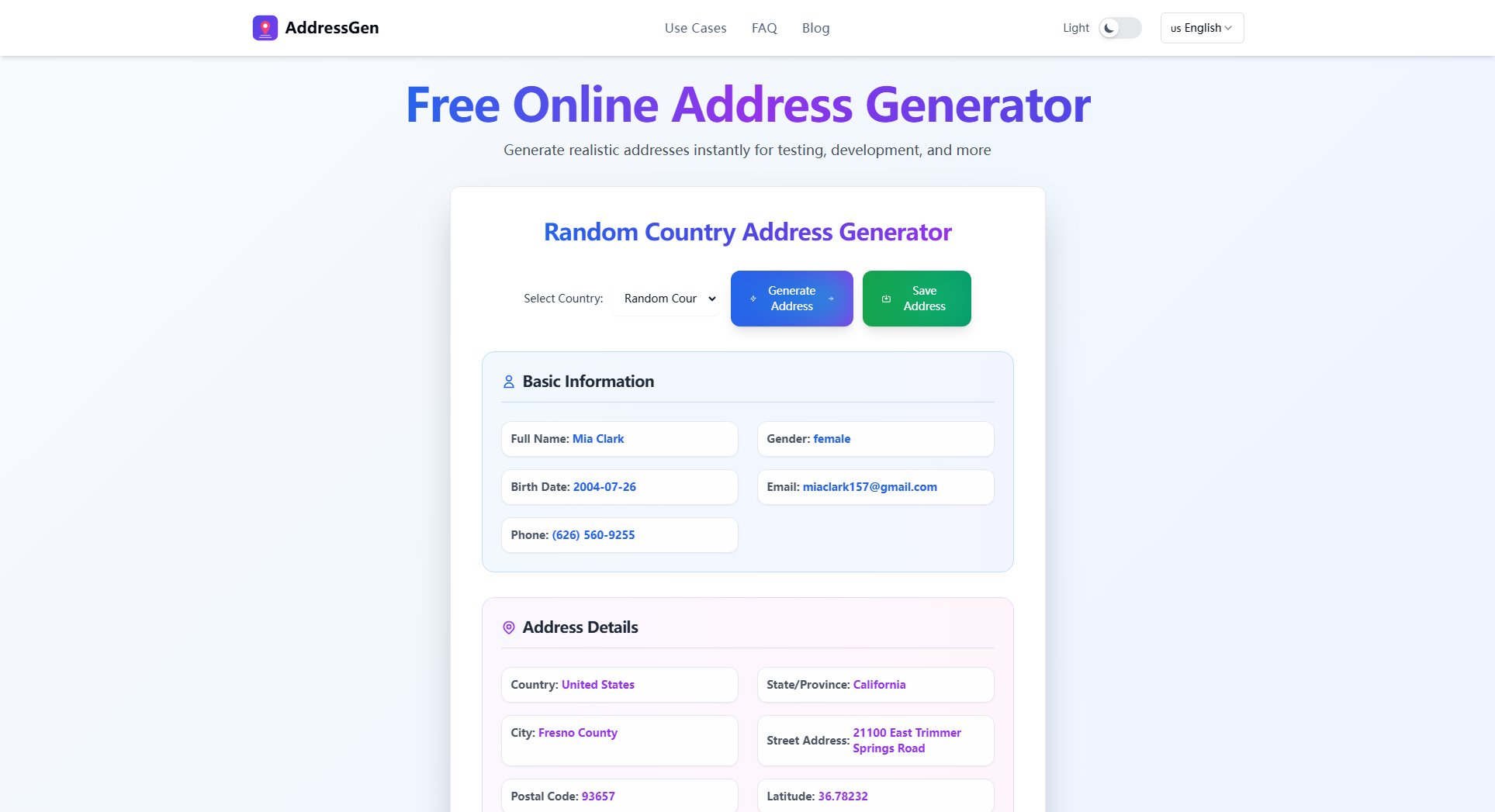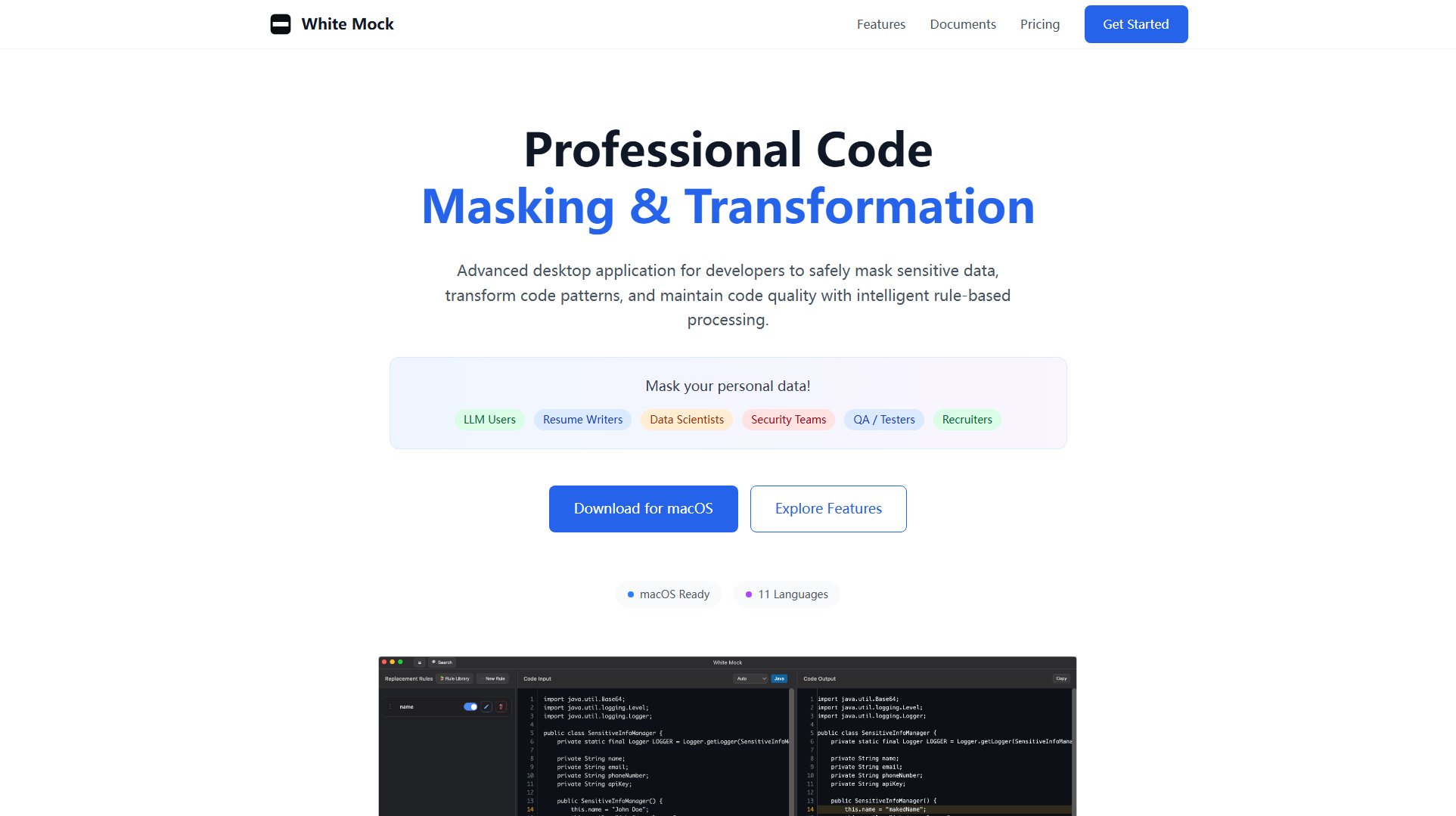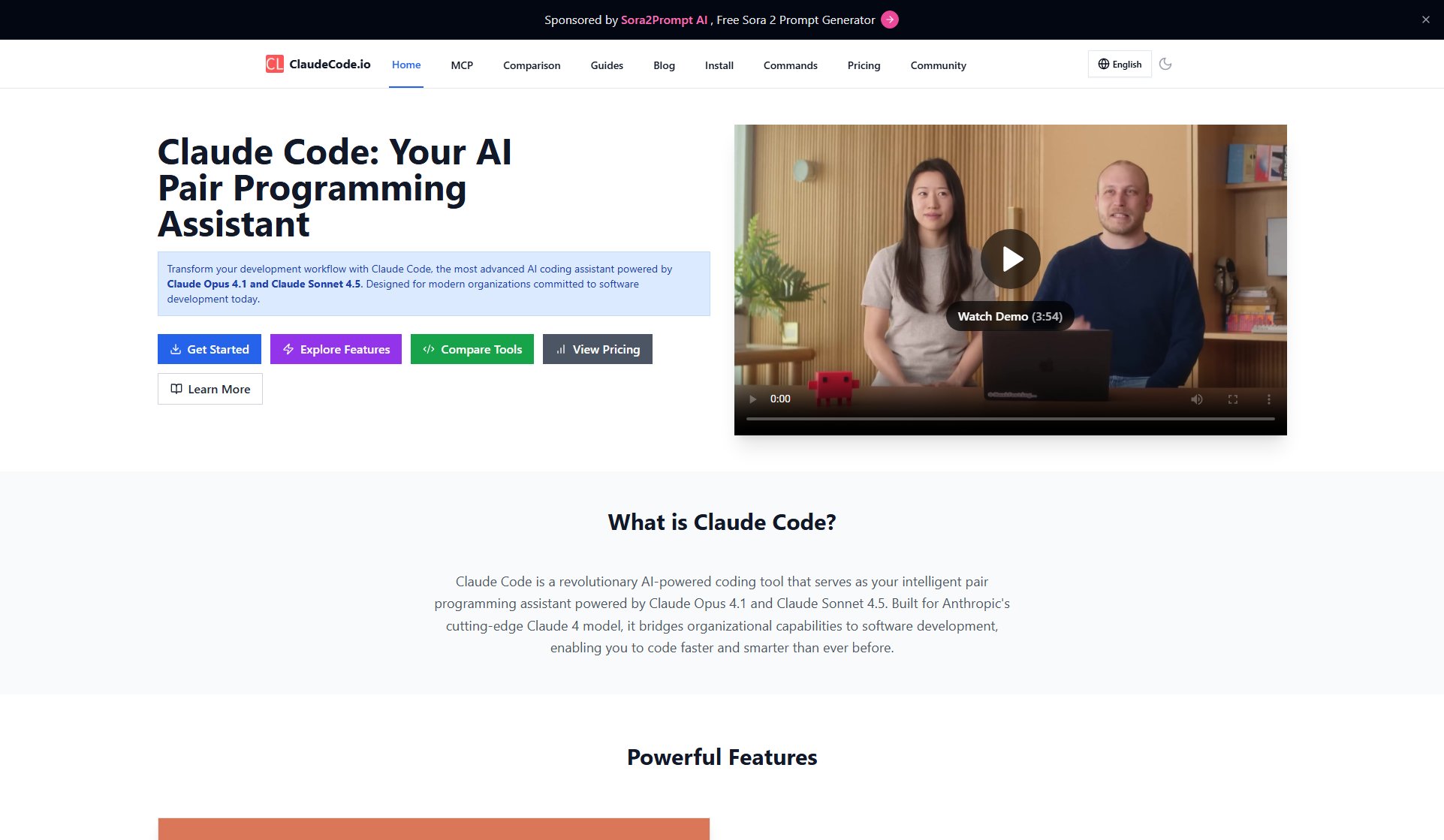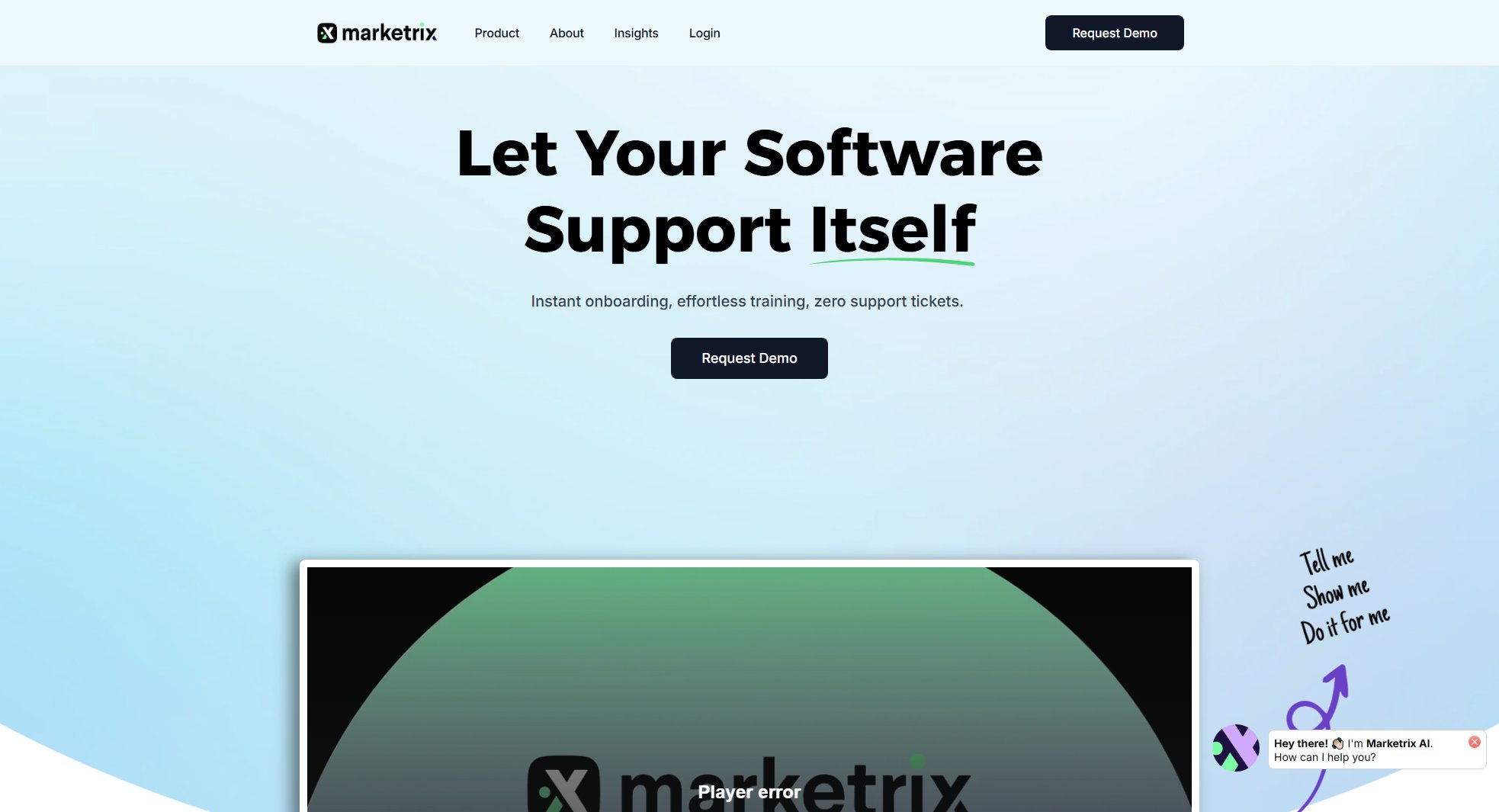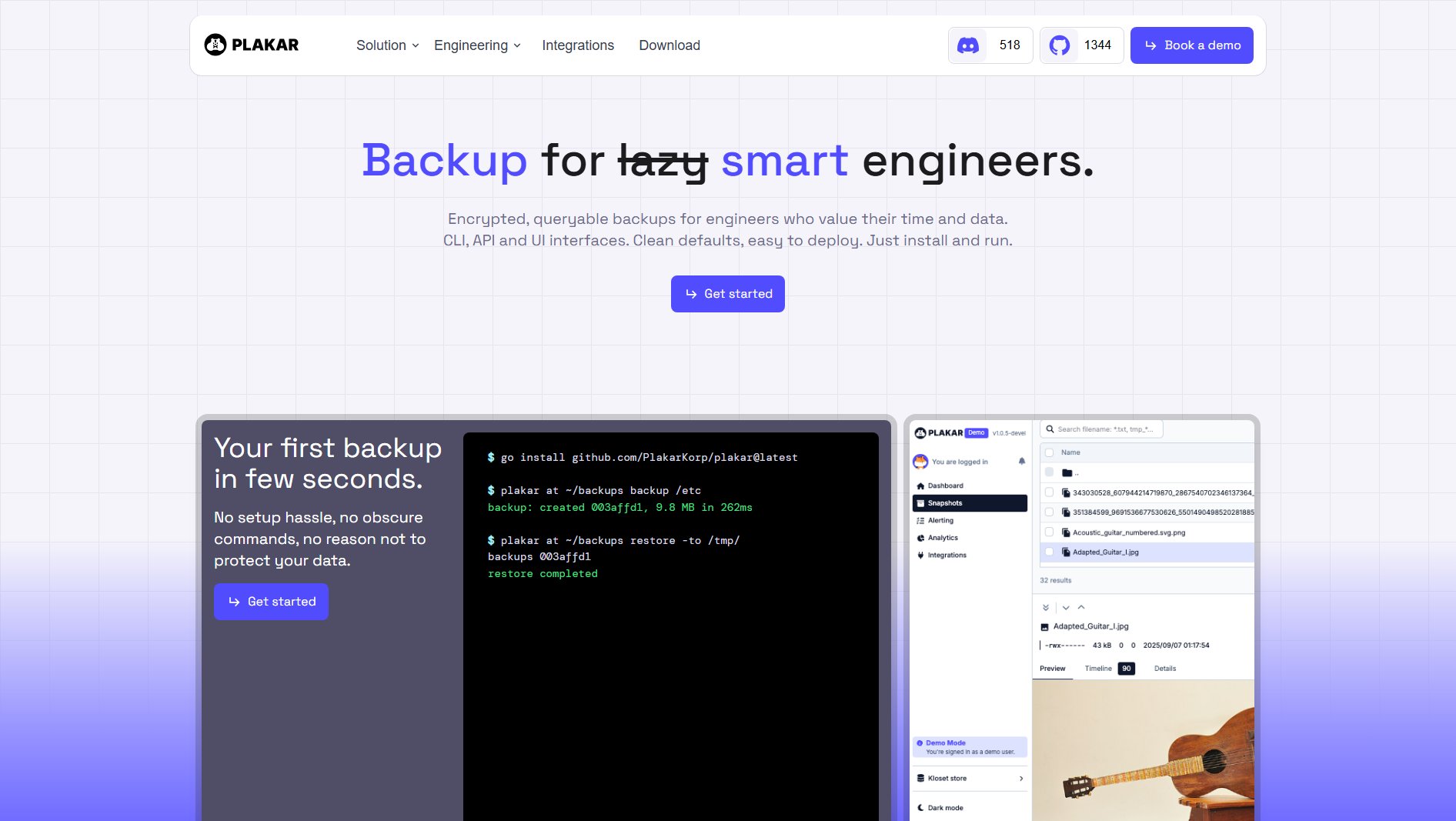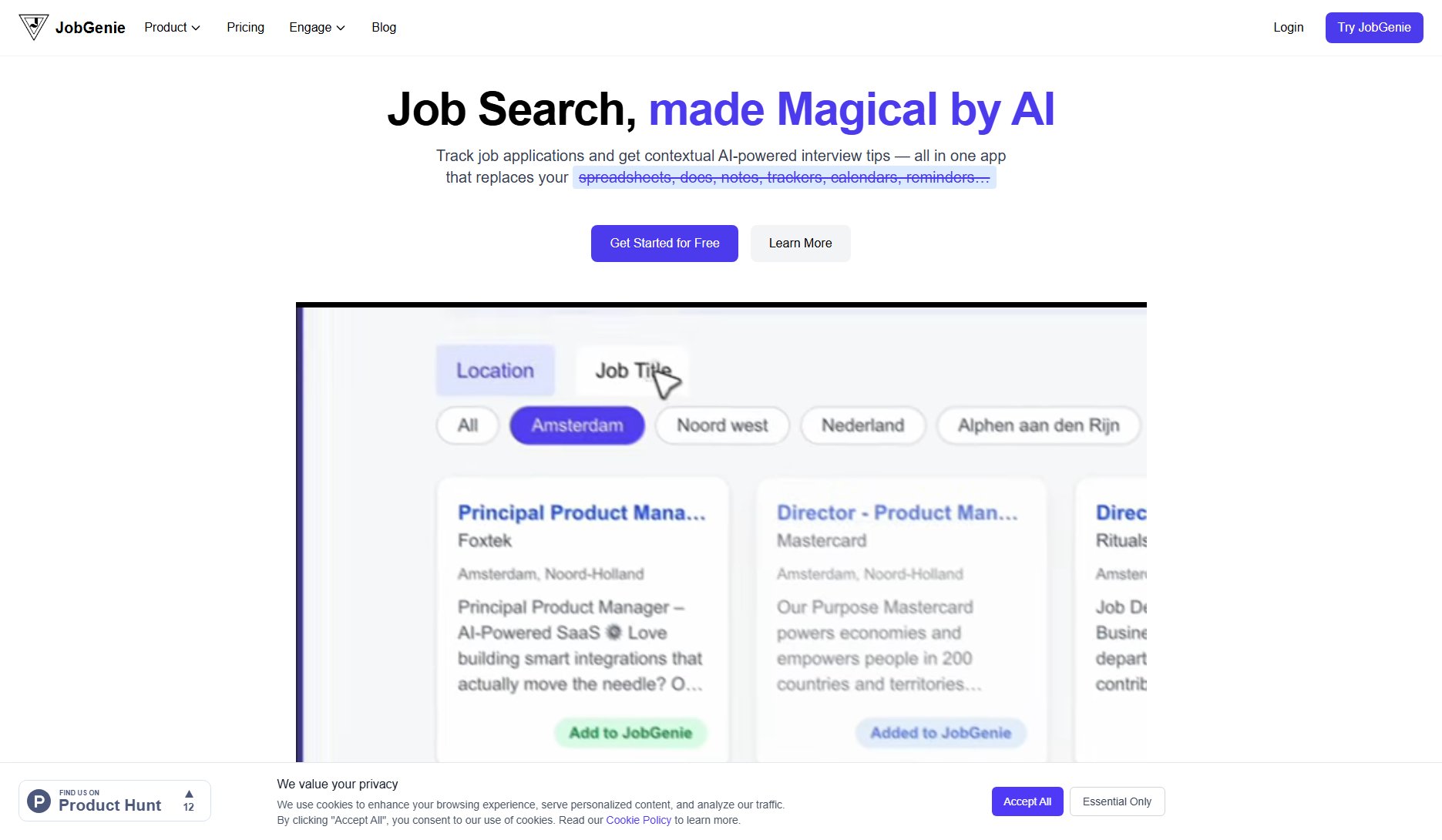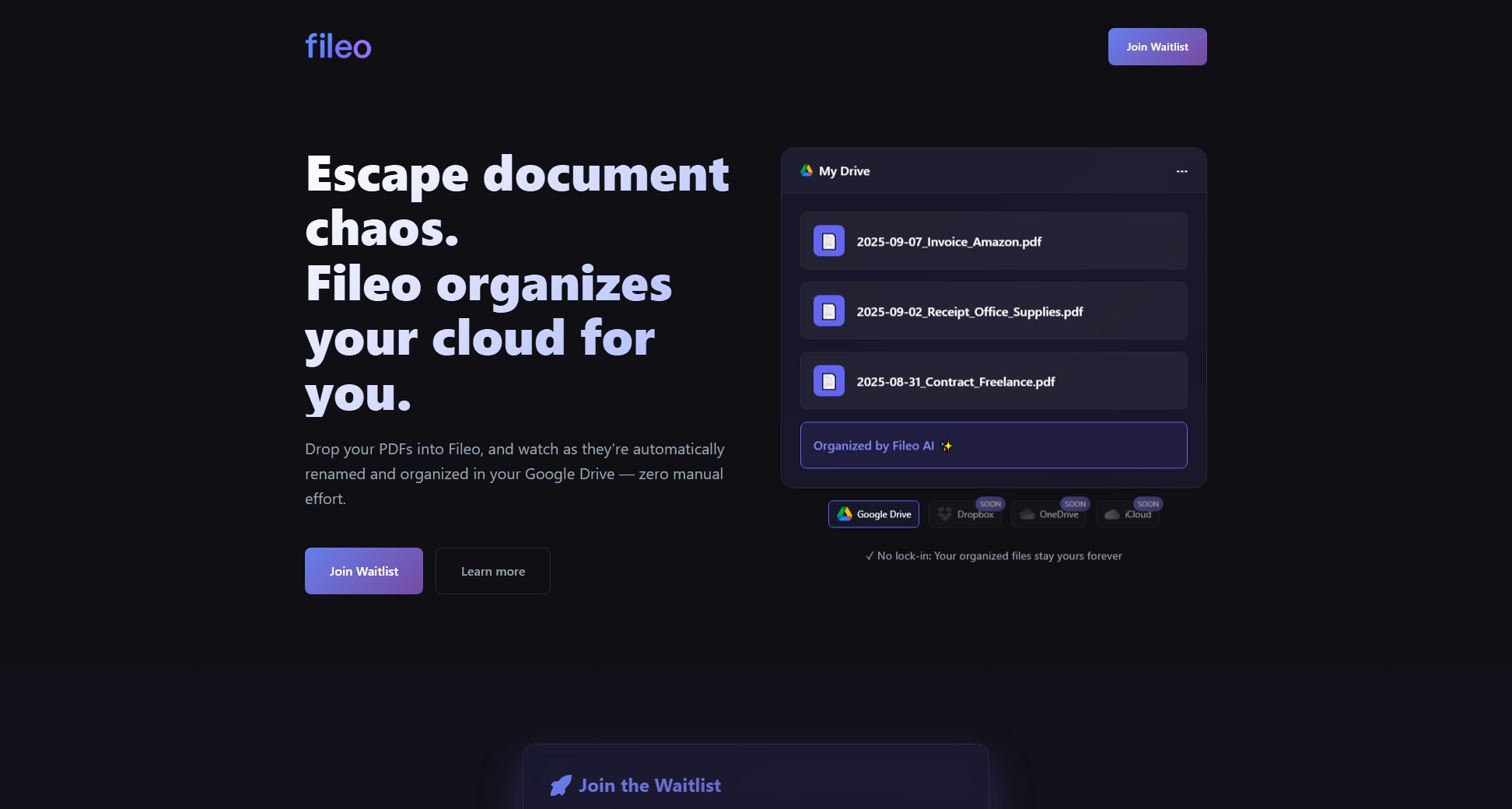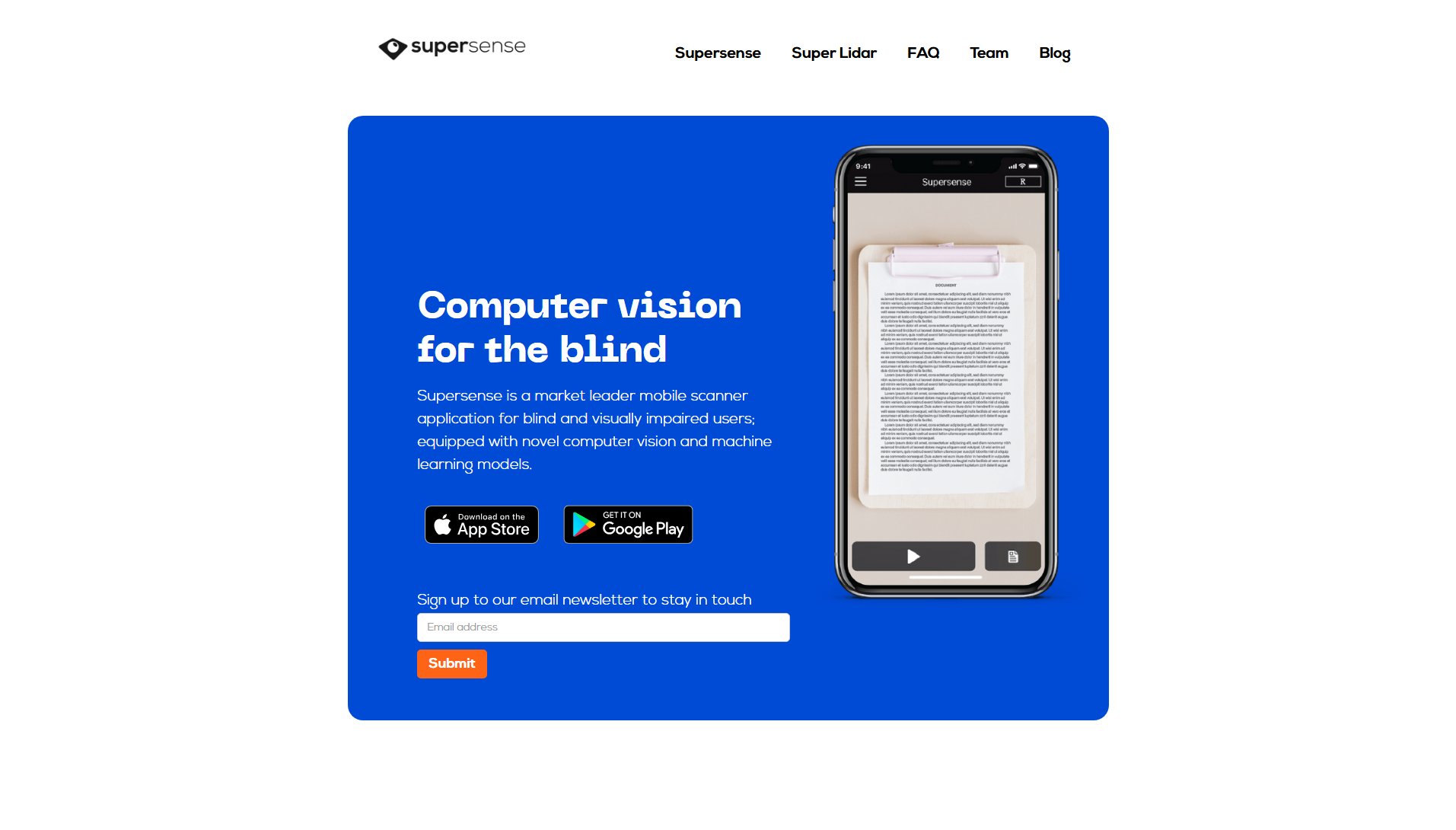Traycer
The most advanced AI coding assistant for large codebases
What is Traycer? Complete Overview
Traycer is an advanced AI coding assistant designed to help developers work more efficiently on large codebases. It stands out by focusing on superior planning before coding, ensuring that AI-generated changes are coherent and grounded in the actual codebase. Traycer is particularly useful for developers who need to manage complex tasks, streamline workflows, and ensure high-quality code production. It integrates seamlessly with major AI coding agents like Cursor, Claude Code, and Windsurf, making it a versatile tool for both individual developers and teams. Target users include software engineers, full-stack developers, and engineering teams looking to enhance productivity and reduce development time.
Traycer Interface & Screenshots

Traycer Official screenshot of the tool interface
What Can Traycer Do? Key Features
Spec-Driven Development
Traycer starts each task with a detailed, actionable plan, allowing developers to iterate on ideas rather than cryptic code diffs. This approach ensures that the final code is well-thought-out and aligned with the project's requirements.
Parallel Agents
Traycer can spin up multiple planners in the background, enabling developers to handle multiple tasks simultaneously. This feature significantly boosts productivity by allowing parallel processing of complex tasks.
One Click Hand-Off
Once a plan is finalized, Traycer generates code with a single click, integrating with popular AI agents like Cursor and Claude Code. This seamless hand-off reduces the time between planning and execution.
Verify Changes
Traycer scans the codebase to verify every AI-generated change, applying course corrections to ensure that bad code never makes it to production. This feature enhances code quality and reliability.
Integrations with AI Agents
Traycer works seamlessly with all major AI coding agents, allowing developers to plan in Traycer and execute elsewhere. This flexibility makes it a versatile tool for diverse development environments.
Best Traycer Use Cases & Applications
Adding New Features
Traycer can quickly generate plans and code for new features, such as adding an 'Accessibility' section to settings, reducing development time from days to hours.
Refactoring Code
Traycer helps refactor code by providing detailed plans for changes, such as merging deprecated components or updating prop spreads, ensuring clean and maintainable code.
Setting Up Tech Stacks
Traycer can assist in setting up complete tech stacks, including frontend (React/Vite), backend (FastAPI), and database (PostgreSQL with pgvector), with best practices and documentation.
How to Use Traycer: Step-by-Step Guide
Install Traycer for free from the official website and set it up in your development environment.
Define your task or feature requirement in Traycer, which will generate a detailed, actionable plan.
Review and iterate on the plan as needed, making precise updates while Traycer ensures coherence with your codebase.
Once satisfied, click to generate the code using your preferred AI agent (e.g., Cursor, Claude Code).
Traycer will verify the generated code, applying necessary corrections to ensure quality before integration.
Traycer Pros and Cons: Honest Review
Pros
Considerations
Is Traycer Worth It? FAQ & Reviews
An artifact in Traycer refers to a planned task or feature that is generated and managed within the tool, including its detailed plan and associated code changes.
Traycer leverages advanced AI models to generate detailed plans and code, though specific models are not disclosed. It integrates with popular AI agents like Claude Code and Cursor.
Traycer supports a wide range of programming languages, particularly those used in web development (e.g., JavaScript, Python) and integrates with frameworks like React and FastAPI.
Support and community engagement can be found on Traycer's Discord server, GitHub community, and LinkedIn page.
Pay to run refers to the pricing plans where users pay based on the number of artifacts and frequency of new artifact generation, with higher tiers offering more slots and faster turnaround.
